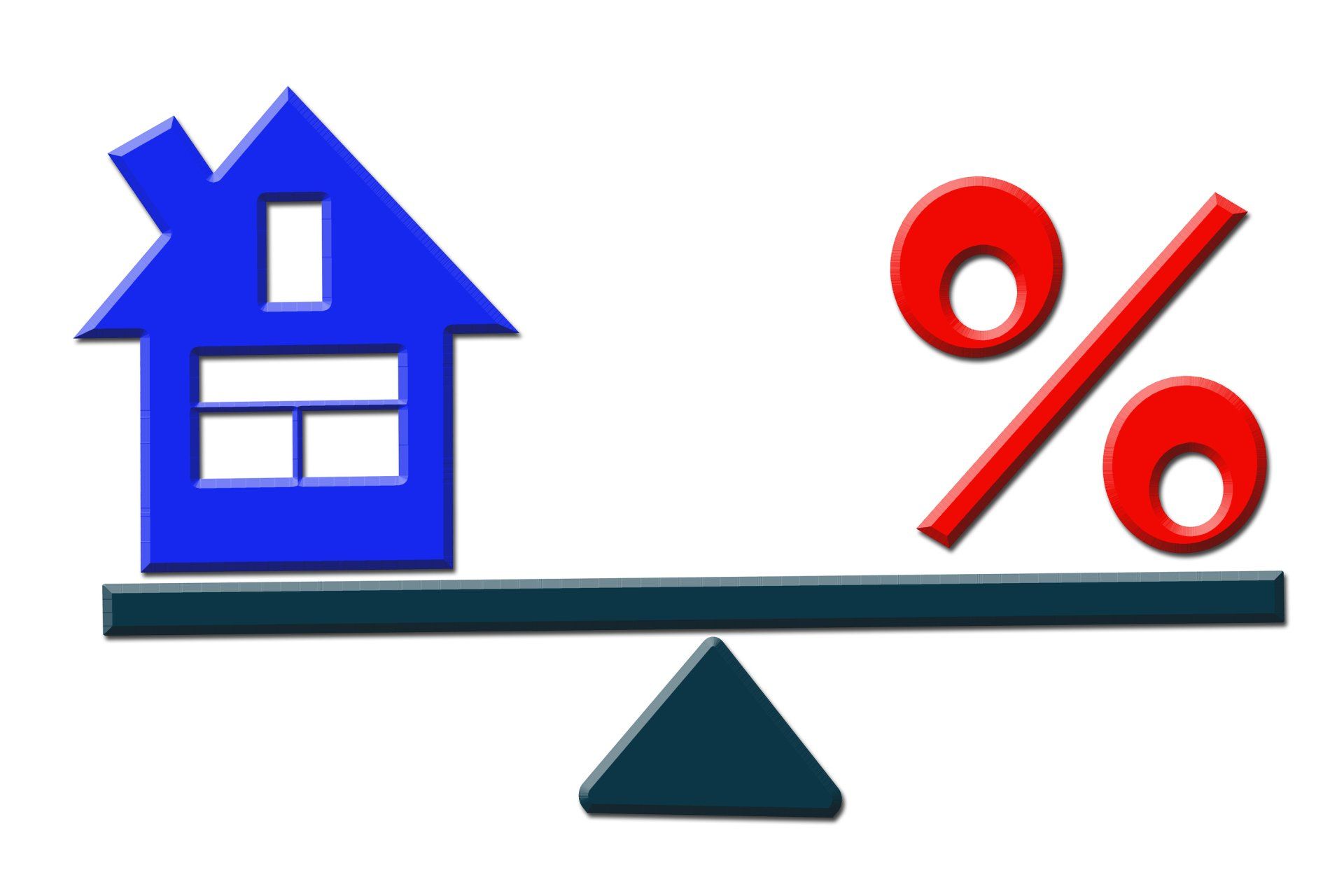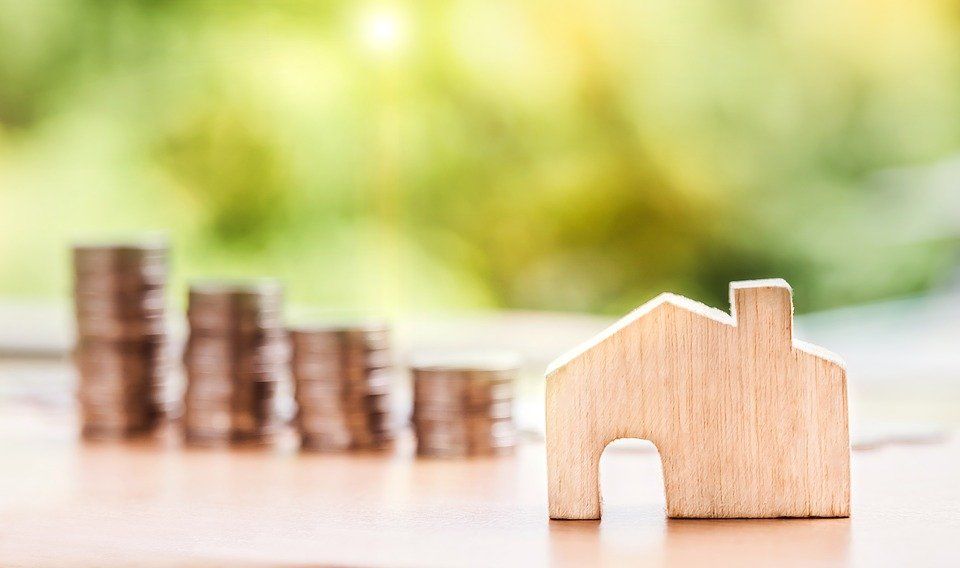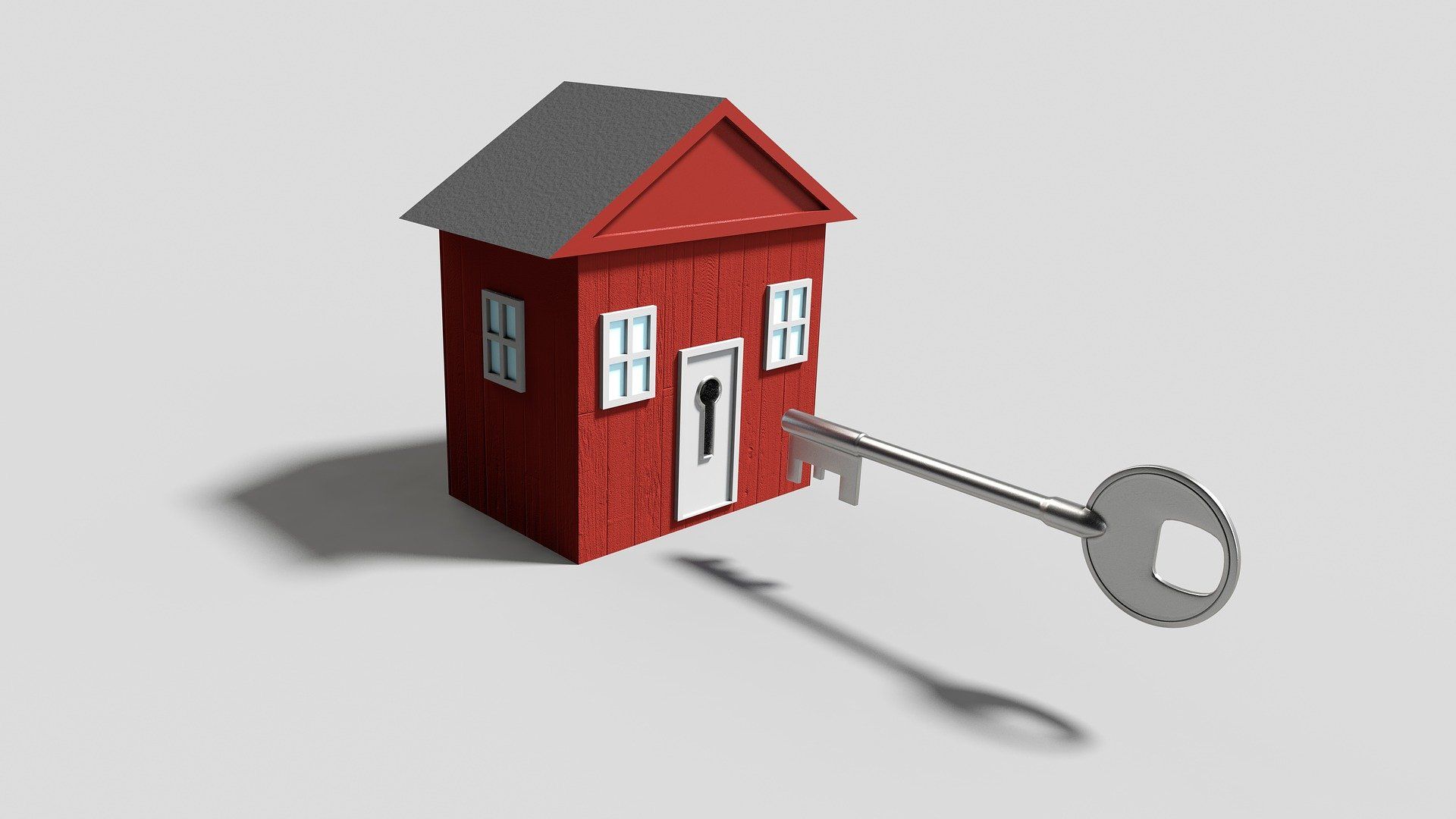CAP RATES 101
- By Admin
- •
- 31 May, 2018
One of the most desirable places in the world for real estate investors to buy property are Vancouver and the Lower Mainland. We’re consistently ranked as one the most “livable” cities and we all know there’s only so much “livable” land to go around. If you have the capital, you’re virtually guaranteed a profitable return on your property investment here. The rate of that return is expressed by investors and brokers as the capitalization rate, or cap rate.

WHAT IS A CAP RATE?
The
cap rate formula is simple: you take the net operating income of a property
(NOI) and divide it by the market value of the property, then multiply by 100.
So it looks like NOI/Market Value X 100. But it’s a tricky science determining these
factors, and then applying a reliable cap rate to a property that investors and
brokers can depend on.
We
spoke with Daniel Greenhalgh, one of our co-founders here at ENM Construction
Management, and he provided some insights into the complexities of the cap
rate.
DETERMINING A CAP RATE
Daniel
points out that nearly all Tier 1 and 2 banks and credit unions reference the
Canada Mortgage and Housing Corporation (CMHC) to establish cap rates for their
properties. But this is still an imprecise measure, and many brokers attempt to
apply cap rates to their property using rates from similar transactions. A recent article
in Western Investor points out the folly of this approach.
The article stresses that aside from the
availability and quality of a product, the most important variable in
determining a cap rate is the interest in the property by foreign investors.



